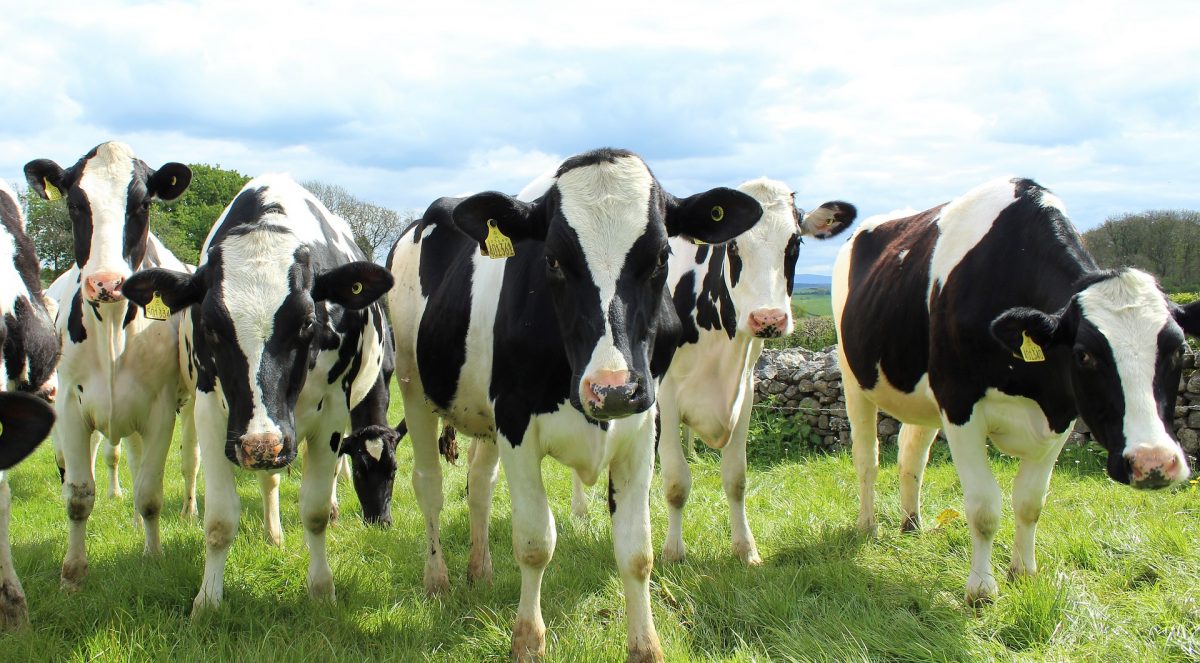Minister for Biosecurity Damien O’Connor has unveiled a set of initiatives to support the Mycoplasma bovis response and improve farm biosecurity practices based on feedback from farmers and rural communities.
Big numbers of farmers have been attending the Mycoplasma bovis roadshow meetings, Mr O’Connor said. They have been interested in the response and in the changes that could be made to help them manage their on-farm biosecurity.
“We have been listening to them and the Ministry for Primary Industries is making a number of changes that can be implemented quickly, without legislation,” he said.
Some farmers have expressed frustration at not being formally told when a neighbour’s farm is identified as an Infected Property.
The Ministry for Primary Industries will start directly informing neighbouring farms of Infected Properties or high-risk properties, enabling farmers to take appropriate steps to improve their on-farm biosecurity and reduce the risk to their own stock.
The aim has been to take a measured step that balances individual privacy concerns with the need for farmers to protect their own farms.
The ministry will also publish a list of the NAIT numbers of all affected animals on its website. This includes all animals associated with or traced from an Infected Property.
“This will give farmers better information to make informed decisions when purchasing new stock,” Mr O’Connor said.
The ministry will do more, too, to ensure enforcement of the Animal Status Declaration (ASD) form. It is a legal requirement that this form must accompany a consignment of cattle when a stock sale takes place.
Regulatory and legislative changes being considered include:
- Amending the Animal Products Act to add a new infringement offence for failing to use the ASD form correctly
- Amending the NAIT Act to bring its search powers in line with the Search and Surveillance Act
- New regulation to control the use of discarded milk
Mr O’Connor said he was continuing to listen to feedback from farmers and will work with the ministry and industry groups to consider further changes to support strengthened biosecurity practices and compliance in rural communities.
Source: Minister for Biosecurity












